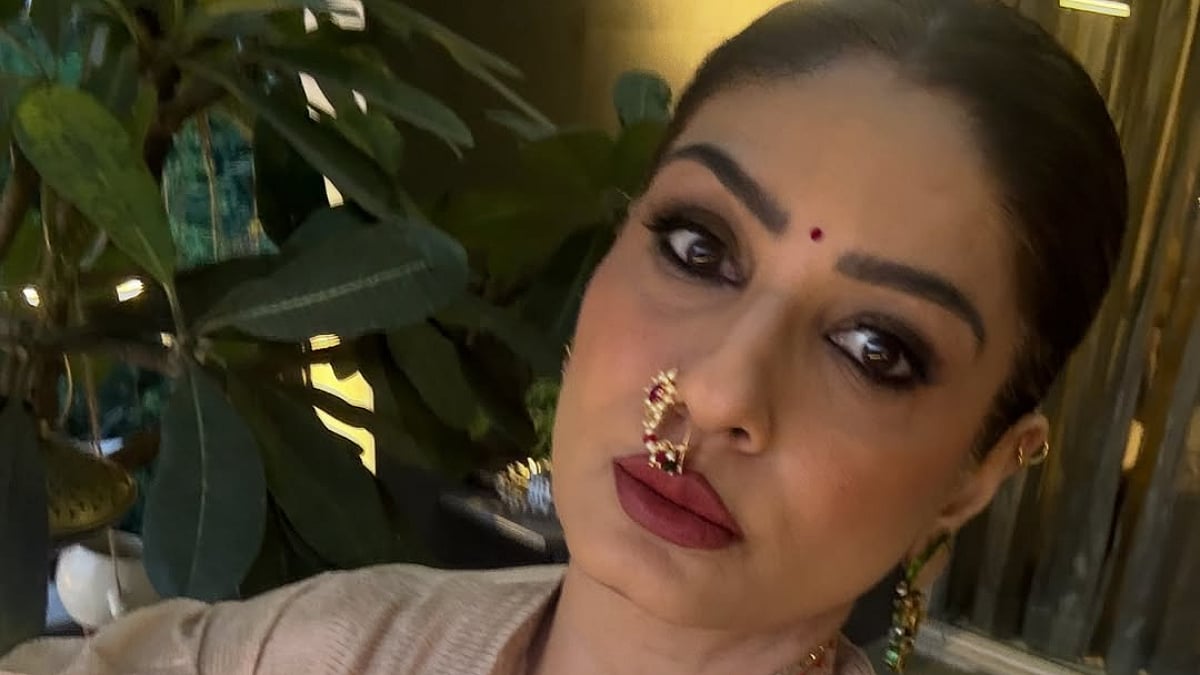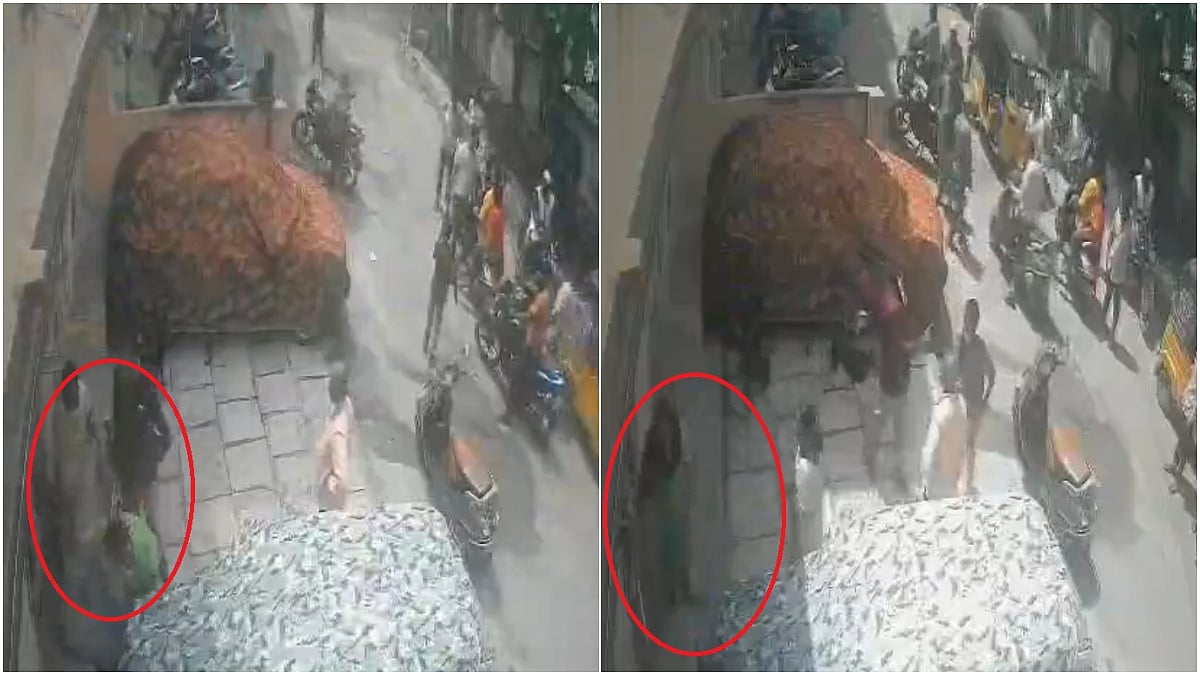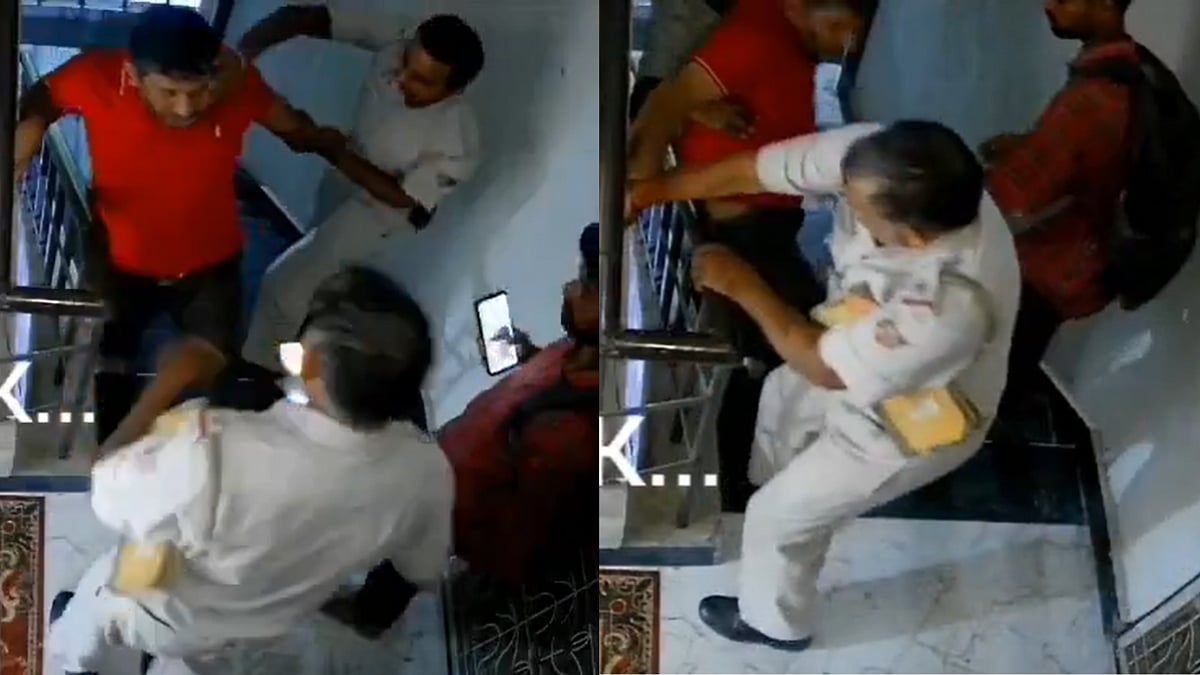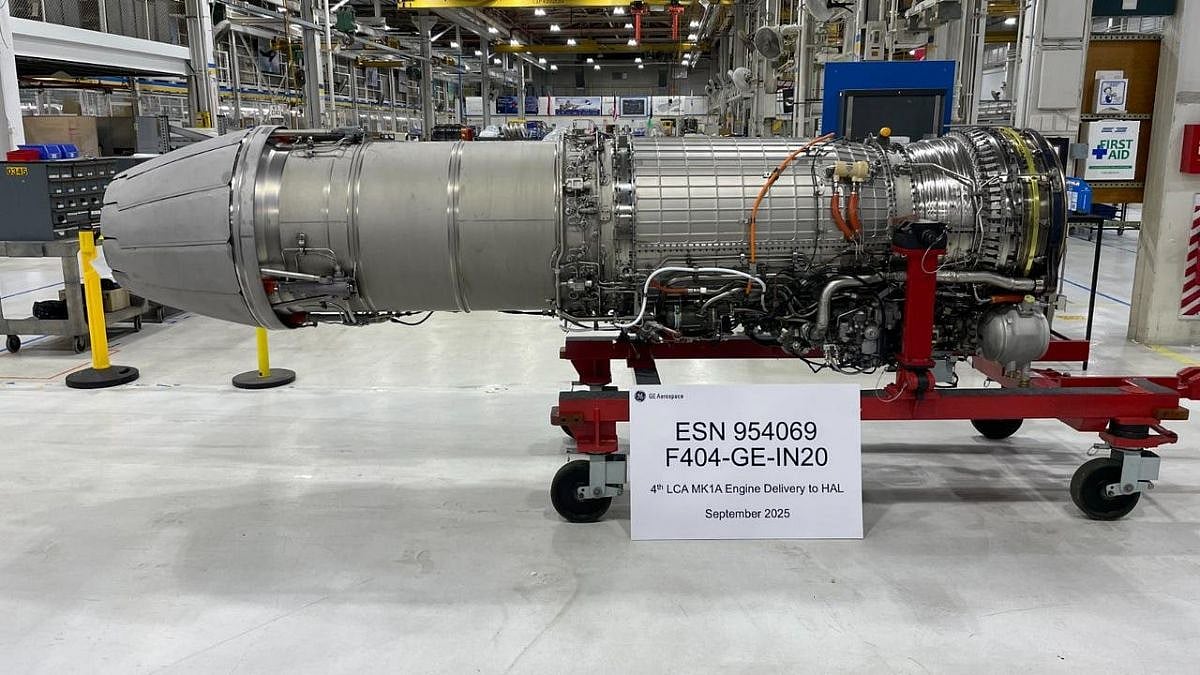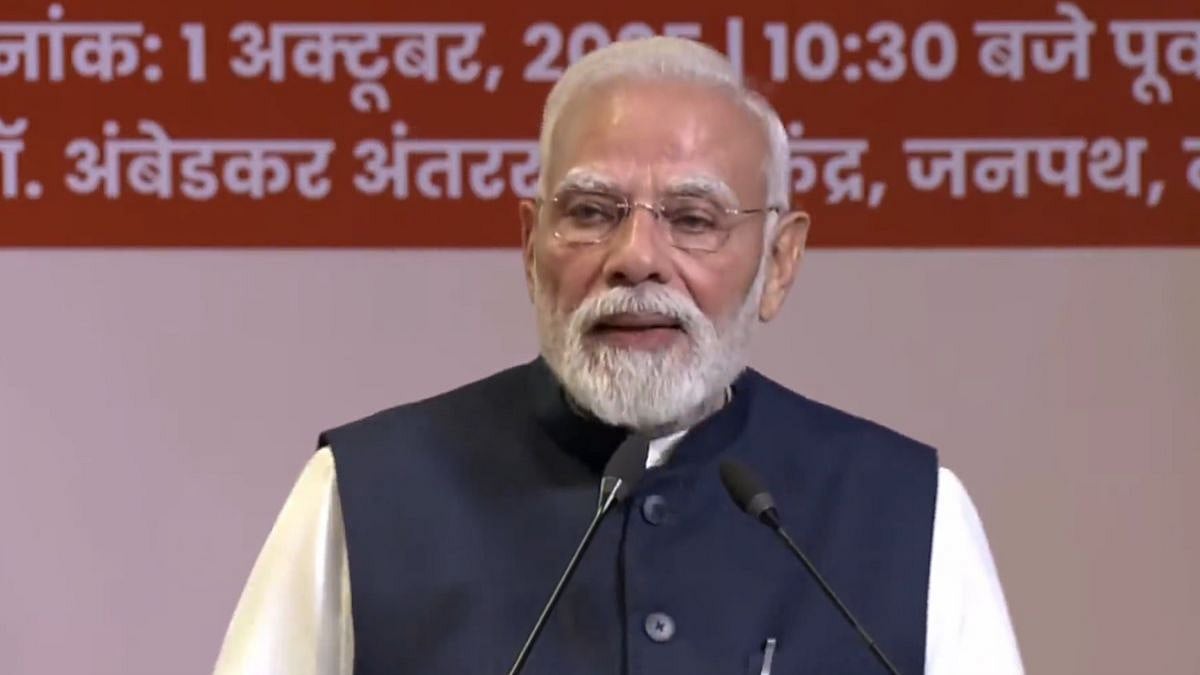A quintessential party loyalist and the trusted Man Friday of three Congress prime ministers, Pranab Mukherjee's climb up the political ladder stopped just short of his ambition to occupy 7 Race Course Road, instead sending him to the Rashtrapati Bhavan as the country's first citizen.
Mukherjee, India's 13th president, Congress' troubleshooter through the decades and one of the country's most respected politicians, died on Monday after a 21-day illness and five decades in public life. He was 84.
A people's person till the end, ‘Citizen Mukherjee' used Twitter to communicate to the world that he had tested positive for COVID-19 on August 10. It was his last post, and his last words to the public.
Demonstrating his ability to quickly adapt to situations as they arose, Mukherjee was at ease with the new mode of communication. Twitter was a platform he used often, to express his condolences on the death of leaders and friends, greet people on festivals or wish them on their birthdays.
Some politicians don't fade into the background. And so it was with the scholarly Mukherjee too. He remained a presence to contend with even after he demitted the office of president, often making headlines as he attended book launches and delivered lectures.
It was a life of many firsts and accomplishments for the West Bengal-born politician, famed for his encyclopaedic memory, razor sharp intellect and deep insights into issues.
In 1982, he became India's youngest finance minister when he was just 47. In the years that followed, he served as India's minister for External Affairs, Defence, Finance and Commerce and was the first Indian president to have done so.
Mukherjee had the rare distinction of serving three prime ministers as minister -- Indira Gandhi, P V Narasimha Rao and Manmohan Singh – as the party evolved over the decades.
Mukherjee was also India's only non-prime minister who was leader of the Lok Sabha for eight years. He was also leader of the Rajya Sabha from 1980-85.
Mukherjee was famous in political circles as a consensus builder. He inspired trust among leaders across the political spectrum, an asset that proved handy at the time of his election as president.
It was a many splendoured political career, which ended at the presidential palace. But the prime minister's post eluded him, even though it was a position he openly aspired for.
In his book “The Coalition Years”, Mukherjee acknowledged that he had hoped to get the post in May 2004 after then Congress president Sonia Gandhi herself declined the position. “Finally she named Dr Manmohan Singh as her choice and he accepted it. He admitted that he had initially refused to join the cabinet of Manmohan Singh who had been his junior in the past but agreed when Gandhi insisted.
Mukherjee remained the UPA's chief crisis manager through its tumultuous years, starting 2004 until he became president on July 25, 2012.
From 2004-2012, Mukherjee played a key role in critical decisions of the Manmohan Singh-led government on issues such as Right to Information, food security as well as the setting up of the UIDAI and the Metro Rail project.
He was also known as one of the chief architects of the post-Congress era of Indian politics, playing an active role in galvanising the outside support which the Congress offered to the United Front governments led by then prime minister H D Deve Gowda and later I K Gujral.
Most of his political life was spent as a committed Congress member -- except for a brief spell between 1987 and 1988 when he was out of the party.
In June 2018, a year after he demitted office, Mukherjee triggered a huge controversy by visiting the RSS headquarters in Nagpur and delivering a valedictory address there.
In 2019, he was conferred India's highest civilian honour Bharat Ratna by the BJP government, a development that became a subject of intense political debate.
Ending his political career as president of India, he left his mark on the highest office of the land, too. Mukherjee's tenure as president will stand out for the tough stance he took on mercy petitions. Of the 34 mercy petitions presented to him, he rejected 30.
He will be remembered for the steps he took to bring the Rashtrapati Bhavan closer to the people. He opened the gates of the presidential palace for writers, artists, innovators, scientists and students through an in-residency programme.
The keen intellectual with an avid interest in history, international relations and parliamentary processes has gone. And with him, one more witness to India's growth story and evolution through the decades.


